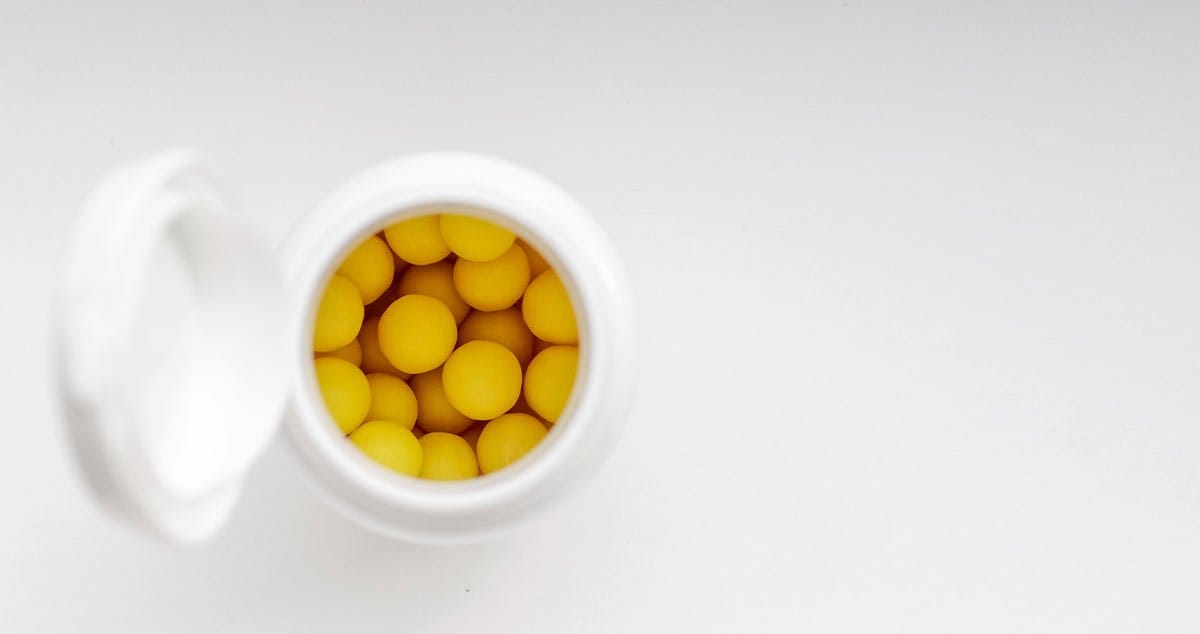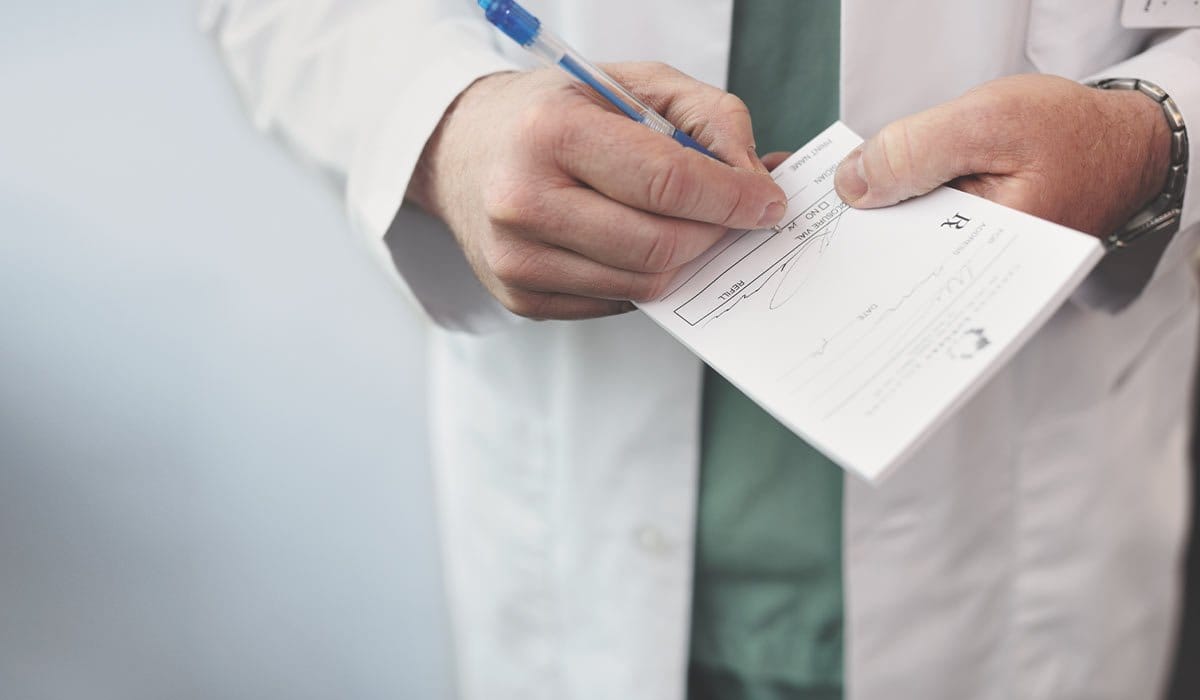Post-traumatic stress disorder (PTSD) is an anxiety disorder that can develop after someone is exposed to a dangerous and frightening event. With PTSD, the anxiety lingers. The person feels afraid even when there is no reason to. Many people associate PTSD with veterans and war, but it can occur after any frightening event. And many people who struggle with PTSD use alcohol or drugs to try to self-medicate their symptoms.
Some examples of potential PTSD-inducing situations include:
- War
- Natural disasters
- Sudden death of a loved one
- Abuse
- Childhood neglect
PTSD can produce alarming physical symptoms, like a pounding heart that can feel like a heart attack, hyperventilation, nausea, and sweating. There are also emotional symptoms, such as recollections of the catastrophe during the day and in dreams, and an overwhelming feeling of discomfort when confronted with the memories. Guilt, anger, and hopelessness make living almost impossible. PTSD is associated with soldiers who have experienced combat. This is the most common cause in men. But if an event is life-changing enough, anyone can be affected with PTSD. Veterans with PTSD commonly use drugs and alcohol. About 1 in 10 soldiers returning from Iraq or Afghanistan show up at their VA clinics with a substance abuse disorder.
PTSD and Substance Abuse: Dual Diagnosis
Many people try to self-medicate PTSD with substance abuse. Between 25 and 75 percent of people with PTSD turn to alcohol, according to the Substance Abuse and Mental Health Services Administration. Although drinking may relieve the effects of PTSD temporarily, it won’t solve the problem. The focus has shifted from the intensity of anxious symptoms to financial stress and the inability to concentrate and be productive. When the substance use turns to abuse, it creates a dual diagnosis of PTSD and a substance abuse disorder.
Having PTSD and a substance abuse disorder at the same time can result in:
- Continual insomnia/waking during the night
- Anger and irritability
- Extended duration for the PTSD
In addition, if someone is under medical care for PTSD, using alcohol reduces the effectiveness of treatment for the stress disorder. There are many ways to recover from PTSD. Professional help is always the recommended route, and the success rate is better when treatment covers the disease and substance abuse (dual diagnosis treatment).
What Are the Dual Diagnosis Treatment Options?
- Medications to manage the symptoms
- Specific psychological counseling for PTSD (e.g., cognitive processing therapy)
- Individual, group or couples therapy for the substance abuse
If you or a loved one is experiencing PTSD, the sooner help is sought, the less damage will be from PTSD or possibly from substance abuse.









